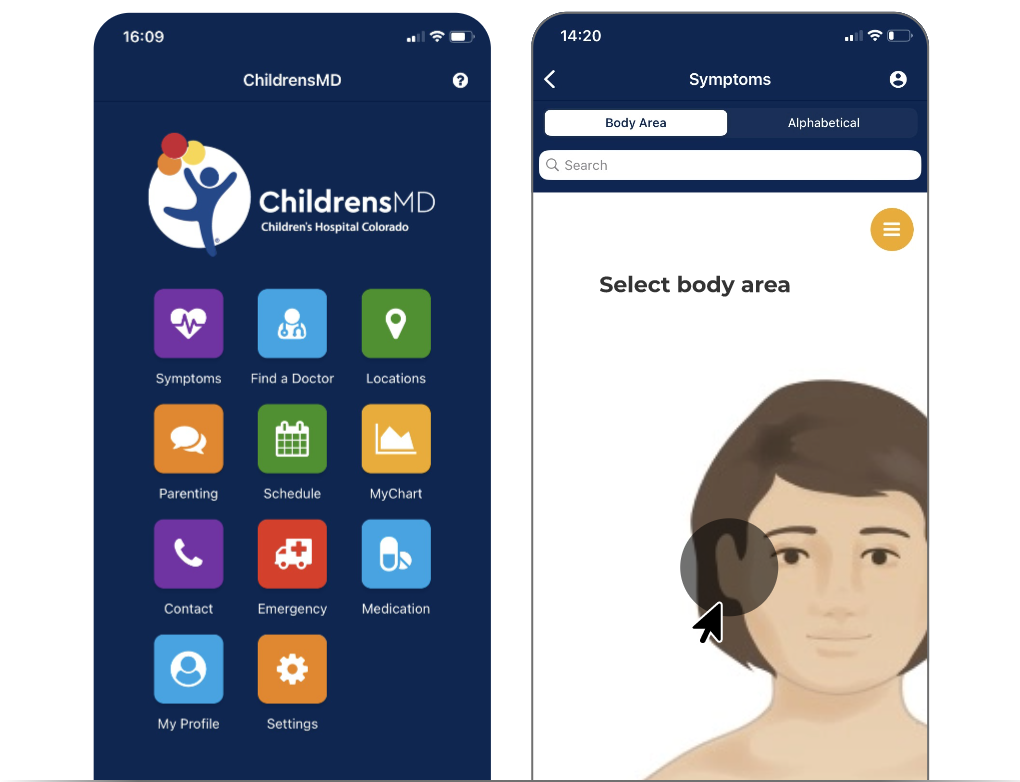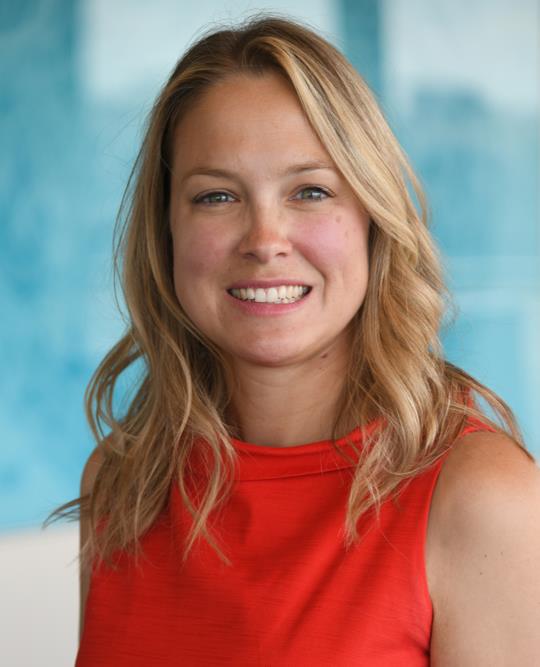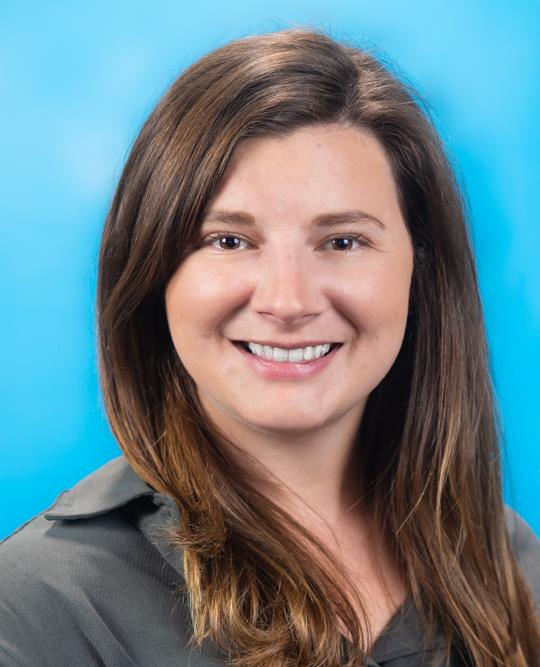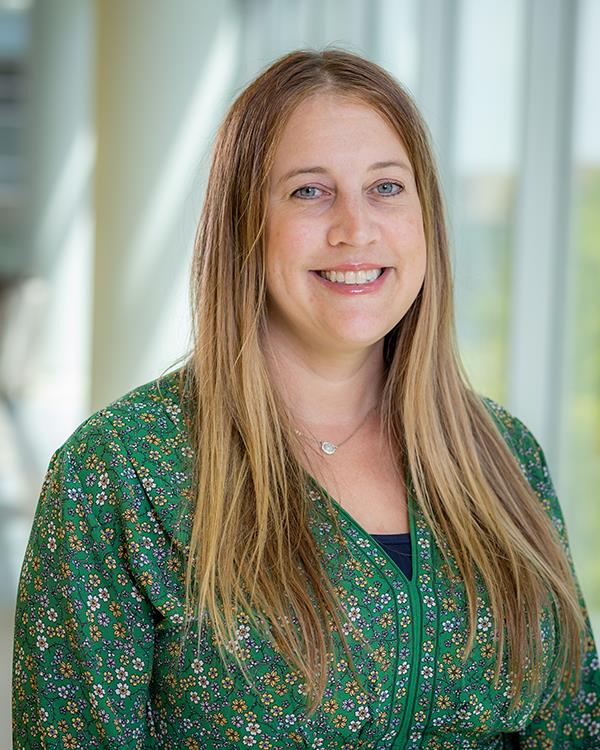- Doctors & Departments
-
Conditions & Advice
- Overview
- Conditions and Symptoms
- Symptom Checker
- Parent Resources
- The Connection Journey
- Calm A Crying Baby
- Sports Articles
- Dosage Tables
- Baby Guide
-
Your Visit
- Overview
- Prepare for Your Visit
- Your Overnight Stay
- Send a Cheer Card
- Family and Patient Resources
- Patient Cost Estimate
- Insurance and Financial Resources
- Online Bill Pay
- Medical Records
- Policies and Procedures
- We Ask Because We Care
Click to find the locations nearest youFind locations by region
See all locations -
Community
- Overview
- Addressing the Youth Mental Health Crisis
- Calendar of Events
- Child Health Advocacy
- Community Health
- Community Partners
- Corporate Relations
- Global Health
- Patient Advocacy
- Patient Stories
- Pediatric Affiliations
- Support Children’s Colorado
- Specialty Outreach Clinics
Your Support Matters
Upcoming Events
Child Life 101
Wednesday, June 12, 2024Join us to learn about the work of a child life specialist, including...
-
Research & Innovation
- Overview
- Pediatric Clinical Trials
- Q: Pediatric Health Advances
- Discoveries and Milestones
- Training and Internships
- Academic Affiliation
- Investigator Resources
- Funding Opportunities
- Center For Innovation
- Support Our Research
- Research Areas

It starts with a Q:
For the latest cutting-edge research, innovative collaborations and remarkable discoveries in child health, read stories from across all our areas of study in Q: Advances and Answers in Pediatric Health.


Snoring
What is snoring?
Snoring is a fairly common problem that can happen to anyone, young or old. Snoring happens when a person can't move air freely through his or her nose and mouth during sleep. The sound is caused when certain structures in the mouth and throat, such as the tongue, upper throat, soft palate, uvula, big tonsils or adenoids, vibrate against each other.
What causes snoring?
People snore for many reasons. Here are some of the most common:
- Seasonal allergies can make people's noses stuffy and cause them to snore.
- Blocked nasal passages or airways due to a cold or sinus infection can cause snoring.
- Some people have a deviated or crooked septum (the wall of cartilage that separates the two nostrils). People with a severely deviated septum can have surgery to straighten it out. This also helps them breathe better, not just stop snoring.
- Enlarged or swollen tonsils or adenoids may cause a person to snore. Adenoids are glands located inside of your head, near the inner parts of your nasal passages. Tonsils and adenoids help trap harmful bacteria, but they can become very large in some people. Many kids who snore have this problem.
- Being overweight can cause narrowing of the air passages due to excess fat and tissue around the neck. Many people who are overweight snore.
Snoring is also one symptom of a serious sleep disorder known as obstructive sleep apnea (OSA). When a person has sleep apnea, his or her breathing is irregular during sleep. Typically, someone with sleep apnea will actually stop breathing for short amounts of time several times an hour. If the person does not get enough oxygen to the brain, heart and other organs, it can have long-term health consequences.
People with sleep apnea often wake up with bad headaches and feel exhausted all day long. Because their sleep is not efficient or restful, they may be very drowsy and have difficulty staying awake during the day, even while driving or having a conversation. Kids affected by sleep apnea may be irritable and have difficulty concentrating, particularly in school and with homework. However, kids who snore may have daytime symptoms like these even if they don’t have true sleep apnea.
Who snores?
Anyone can snore. Even people who do not usually snore may begin to snore when they have allergies or a cold.
What tests are used to diagnose the cause of your child’s snoring?
If a doctor thinks your child has sleep apnea, he or she will recommend a test called a sleep study. The official term for a sleep study is polysomnogram. A sleep study is a procedure that is performed overnight in the Sleep Lab at Children's Hospital Colorado in order to detect any problems in your child’s breathing during sleep. The sleep study records different sleep stages and monitors your child’s heart rate, oxygen level and brain waves during sleep. The studies are not painful to children.
How do providers at Children’s Hospital Colorado make a diagnosis?
If your child does not snore regularly or only snores when he or she has a cold, there is no need to consult a doctor. If your child snores all the time or for an extended period of time after being sick, you should visit a doctor. Based on your child’s symptoms, medical history and a physical exam, the doctor may order more tests, like a sleep study or allergy test, to determine the cause of your child’s snoring.
How is snoring treated?

Snoring caused by nasal congestion is usually treated with nasal steroid sprays (such as Flonase, Nasonex or Veramyst) and nasal rinses to reduce the inflammation and swelling in your child’s nose.
If your child snores frequently, seek consultation with his or her primary care provider, who will check your child’s nasal passages and may recommend trying a nasal spray and/or nasal rinses. Your pediatrician should also check your child’s tonsils and adenoids to see if they are enlarged and may need to be removed.
If your child’s snoring does not get better with a nasal spray and nasal rinses, he or she should see a sleep expert.
Some people need to lose weight, change their diets or develop regular sleeping patterns to stop snoring. It may be helpful to remove allergy triggers (stuffed animals, pets, or feather/down pillows and comforters) from the child’s bedroom. The doctor might also suggest medications for allergies or congestion due to a cold.
If your child has sleep apnea, he or she may be seen by an ENT (Ear, Nose, Throat) provider to determine if there is anything that can be done to open the airway and make breathing easier. Together with the ENT provider, your sleep doctor may recommend Continuous Positive Airway Pressure (CPAP) to treat your child’s sleep apnea. CPAP is commonly used to treat obstructive sleep apnea by providing a flow of positive-pressure air through a mask to open the upper airway while the child is asleep. The goal of CPAP is to enable the child to have regular, normal breathing, eliminate snoring and restore normal sleep patterns.
Some children with sleep problems need Bilevel Positive Airway Pressure (BiPAP) instead of CPAP. BiPAP has two different pressure settings for inspiration and exhalation. The variation in pressure with breathing patterns may make it more comfortable to use. BiPAP is used in patients that are unable to take deep breaths by themselves. These patients may be overweight, have a neuromuscular disorder (such as muscular dystrophy), stiff lungs (restrictive lung disease) or be unable to breathe on their own (central apnea).
Over-the-counter and other snoring solutions vary based on the cause and include breathing strips, changing sleep positions (from the back to stomach or side) and not eating a heavy meal before bedtime. These kinds of "cures" may work only for someone who snores occasionally and lightly or they may not work at all.
Why choose Children’s Hospital Colorado for your child’s snoring?
Children's Hospital Colorado Sleep Center provides comprehensive clinics to evaluate patients and make appropriate treatment recommendations so that the entire family can return to a normal night of sleep. Our team of sleep specialists assists primary care physicians with the diagnosis and treatment of infants, children and adolescents with all kinds of sleep disorders.

Get to know our pediatric experts.

Emily DeBoer, MD
Pulmonology - Pediatric, Pediatrics
Patient ratings and reviews are not available Why?

Nicole Linehan, CPNP-AC
Certified Pediatric Nurse Practitioner
Patient ratings and reviews are not available Why?

Amy Wrenn, CPNP-PC
Certified Pediatric Nurse Practitioner
Patient ratings and reviews are not available Why?

Steve Abman, MD
Pulmonology - Pediatric, Pediatrics
Patient ratings and reviews are not available Why?



 720-777-0123
720-777-0123





